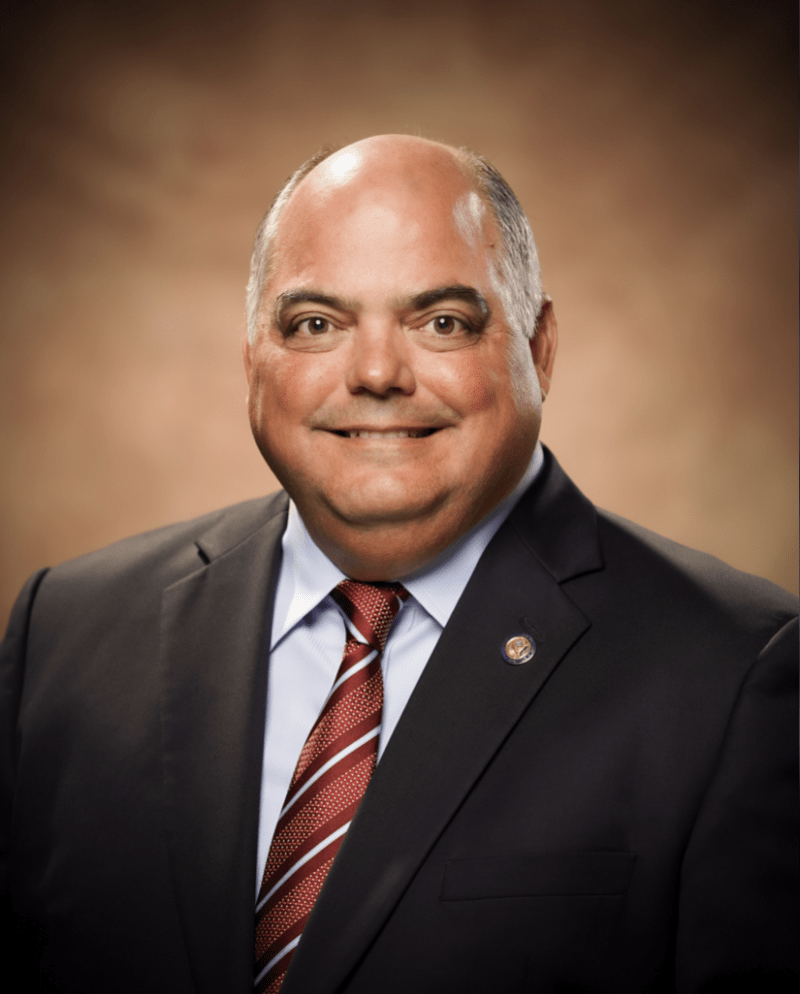Is the now-perpetual public health emergency on Guam truly about the pandemic anymore? Or is it a thinly-veiled instrument Gov. Lou Leon Guerrero is using to maintain significant financial and administrative powers she consolidates in herself every 30 days?
That power was given to her by the same entity that can take it away: the Guam Legislature. It is power granted under the auspices of the three-decade-old Emergency Health Powers Act. It was used for the first time on March 16, 2020; and as the law prescribes, Ms. Leon Guerrero has renewed those powers every 30 days.
According to the law, senators can shut that power off, if eight of them decide there no longer is a public health emergency. Since the summer of 2020, however, several senators have questioned the administration’s use of the governor’s powers. And according to both republicans and democrats, several of those questions – most of them related to questionable contracts – have gone unanswered.
“There really has been a significant lack of transparency and accountability,” Sen. Chris Duenas said, “particularly when it comes to procurement. The OPA just put out a report; a lot questioned costs.”
Mr. Duenas, at the start of the 36th Guam Legislature in January of 2021, introduced Bill No. 11, which would require the governor to request the legislature’s permission to renew the public health emergency, rather than giving her blanket authority to renew it at whim.

“(Bill 11) would bring administration officials down (to the legislature) on a monthly basis, prior to the extension of the emergency,” he said, “and the people of Guam will get to see, first and foremost, all of these individuals who are managing these hundreds of millions of dollars. I think that kind of accountability and transparency really lends itself to ensuring that government officials really are much more on alert on to how they spend the people’s money.”
The senator believes the public health emergency has become less about the pandemic, and more about awarding lucrative government contracts to cronies.
“It’s really unacceptable,” he said.
Bill No. 11 garnered significant attention, with proponents and opponents chiming in during and after public hearings. Senators passed the bill, but the governor vetoed it. Mr. Duenas has tried several times since to convince 10 senators to override the veto. We now are at the final session of the 36th Guam Legislature, and senators are considering the override again.
If the override attempt fails to garner the 10 senatorial votes needed to enact Bill No. 11, one more question remains: Will eight senators vote – in this final session – to end the public health emergency? That’s the magic number, according to the law, to make that happen.
How senators vote on the override may determine the legacy of this 36th Guam Legislature. Will people see this group of 15 senators as a protector of health, a defender of freedom, a hallmark of fiscal accountability, or a rubber stamp?
We will see, when senators vote on the final day of its final session.



